Meet the 2020-2022 cohort of CIFAR Azrieli Global Scholars
Wednesday September 2,2020
Thirteen early-career researchers with exceptional leadership potential will join four CIFAR research programs
The CIFAR Azrieli Global Scholars program supports outstanding early-career researchers through mentorship, a global network, professional skills development, and $100,000 in unrestricted research support for two years.
CIFAR Azrieli Global Scholars join CIFAR research programs for 24 months where they collaborate with fellows and contribute new approaches toward the most important questions facing science and humanity. Following the program, many scholars stay connected to the CIFAR community as fellows, Canada CIFAR AI Chairs, and workshop participants.
“Early-career researchers are fearless and they have the brilliant ideas that will change the world. The CIFAR Azrieli Global Scholars program is designed to nurture the world’s next generation of outstanding scientists and science leaders,” says Dr. Alan Bernstein, CIFAR President & CEO. “These thirteen scholars join a preeminent community of researchers from around the world, interested not just in advancing knowledge, but in seeing the impact that knowledge can have across disciplines and on the world.”
The CIFAR Azrieli Global Scholars program is made possible through generous funding from the Azrieli Foundation with additional support provided by the Love Family Leadership Development Fund as well as other individuals, corporations and foundations.
2020-2022 CIFAR Azrieli Global Scholars
After a competitive recruitment process that generated 184 eligible applications from 31 countries, 13 researchers (five identifying as women and eight identifying as men) were selected to join four CIFAR programs. These researchers are among the top emerging global researchers with citizenship in six countries and appointments in institutions in Canada, France, Germany, Ireland, the United Kingdom, and the United States.
Child & Brain Development
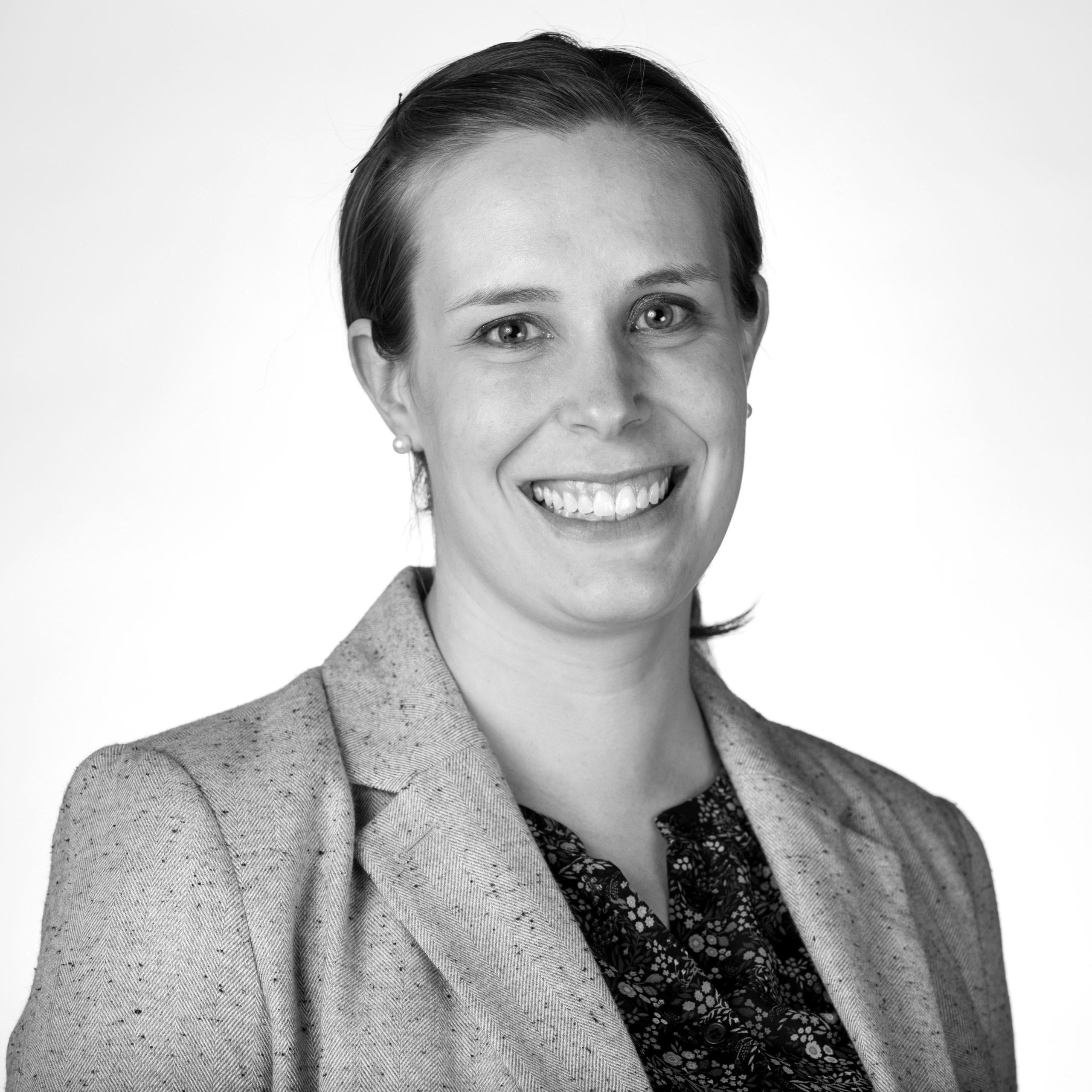
Allyson Mackey (University of Pennsylvania, United States)
“I am interested in how children learn problem solving skills: how they build reasoning through practice, creativity through play, and curiosity through exploration.”
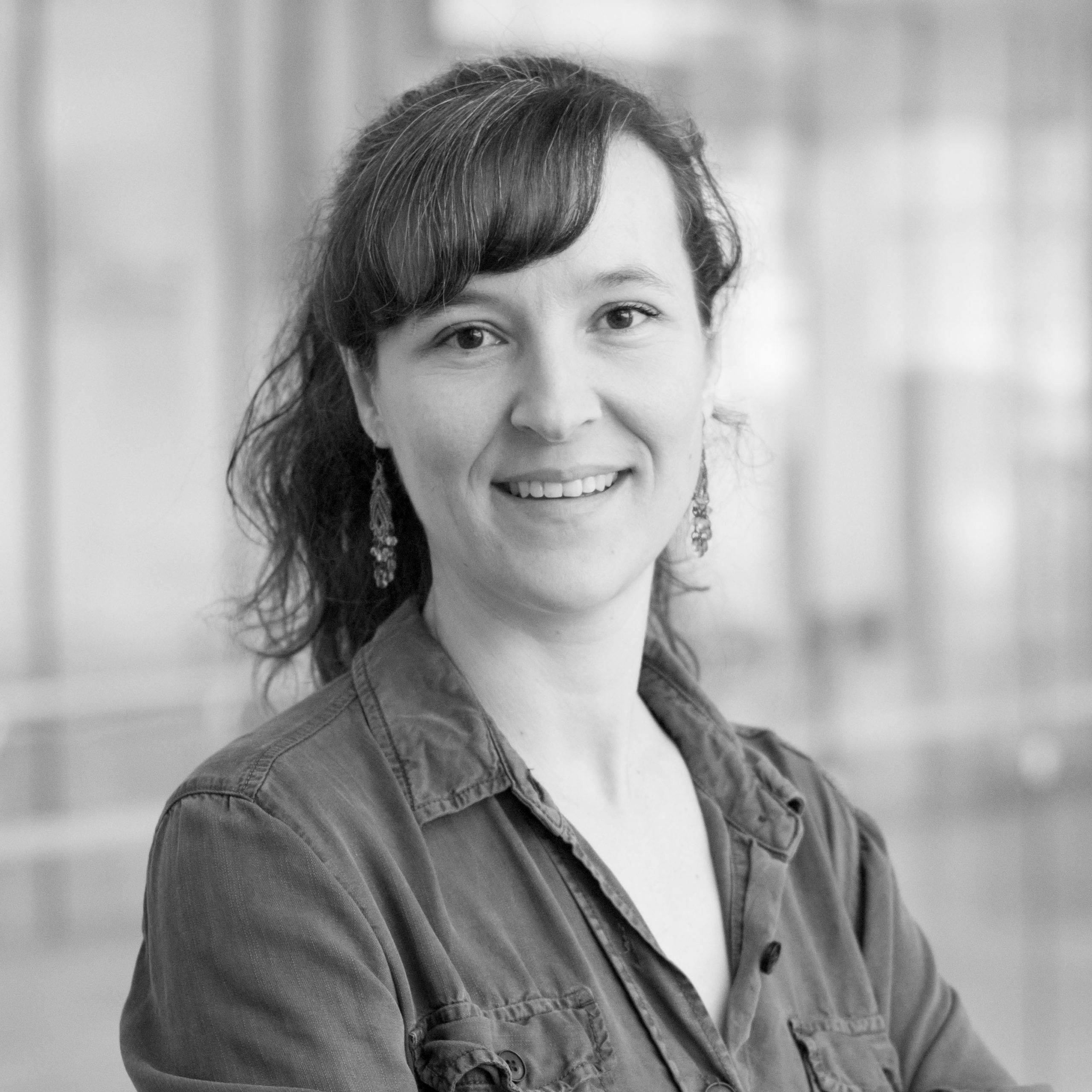
Nadine Provençal (Simon Fraser University, Canada)
“My research examines how social stress “gets under the skin” and changes children’s brain and behaviour development.”
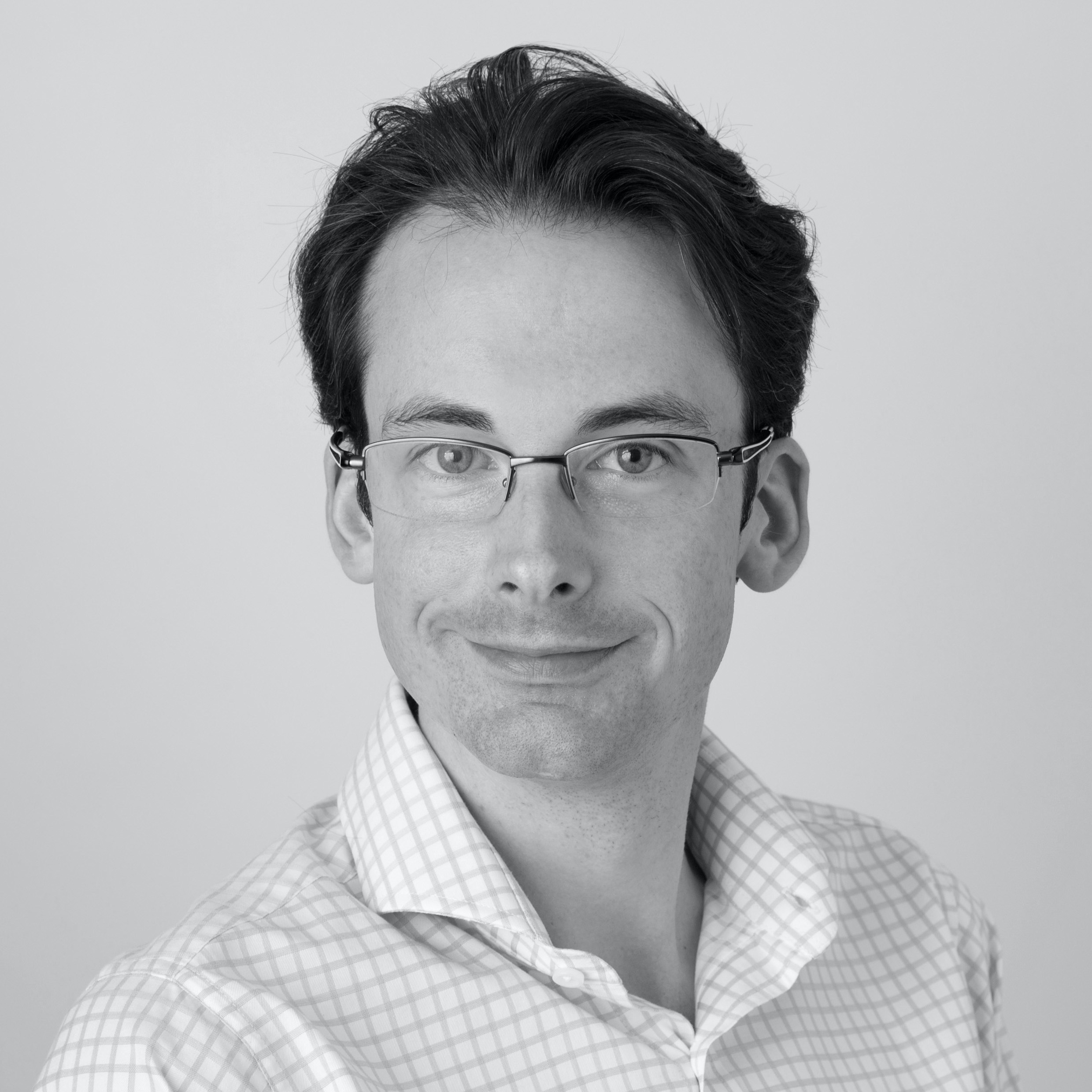
Tomás Ryan (Trinity College Dublin, Ireland)
“What is the relationship between memory and instinct? My research investigates how memories and instincts share a common code of information coding in the brain.”
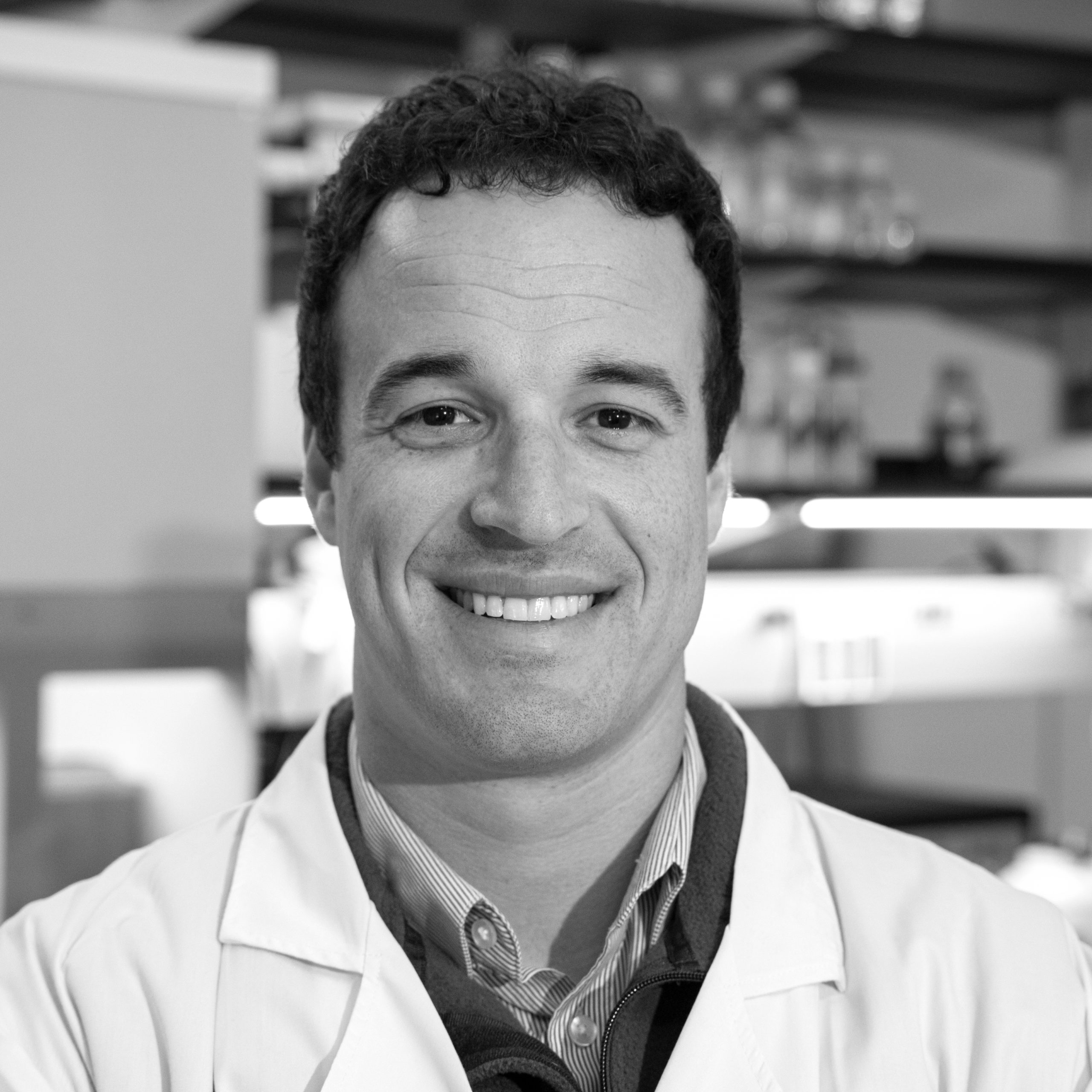
Samuel Urlacher (Baylor University, United States)
“My long-term research in Ecuador and Papua New Guinea seeks to understand how adverse environments impact children’s energy expenditure and disease risk.”
Learning in Machines & Brains
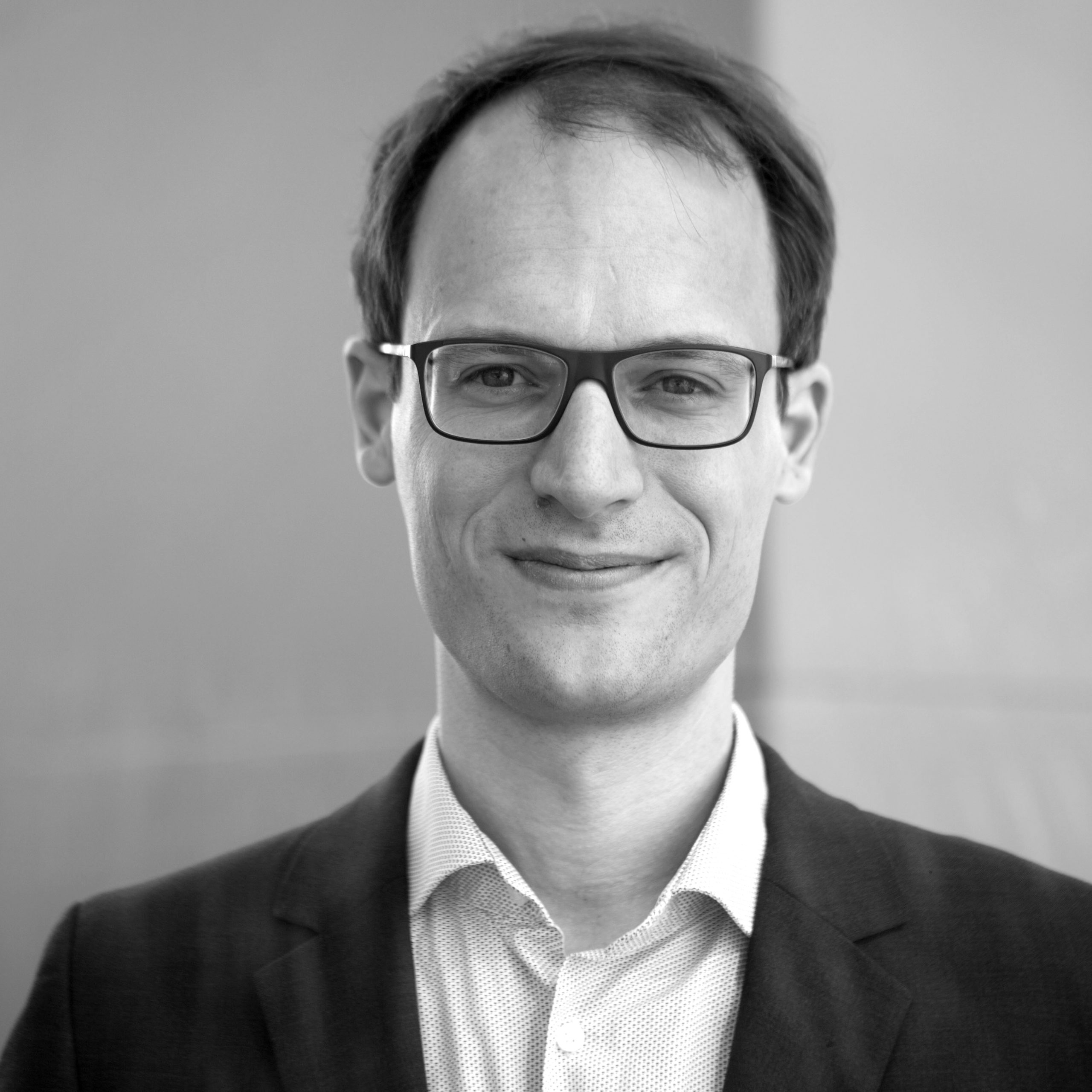
Stefan Bauer (Max Planck Institute for Intelligent Systems, Germany)
“My research focuses on finding stable patterns in data which would eventually allow algorithms to transfer between different related problems, like cycling a bi- or tricycle.”
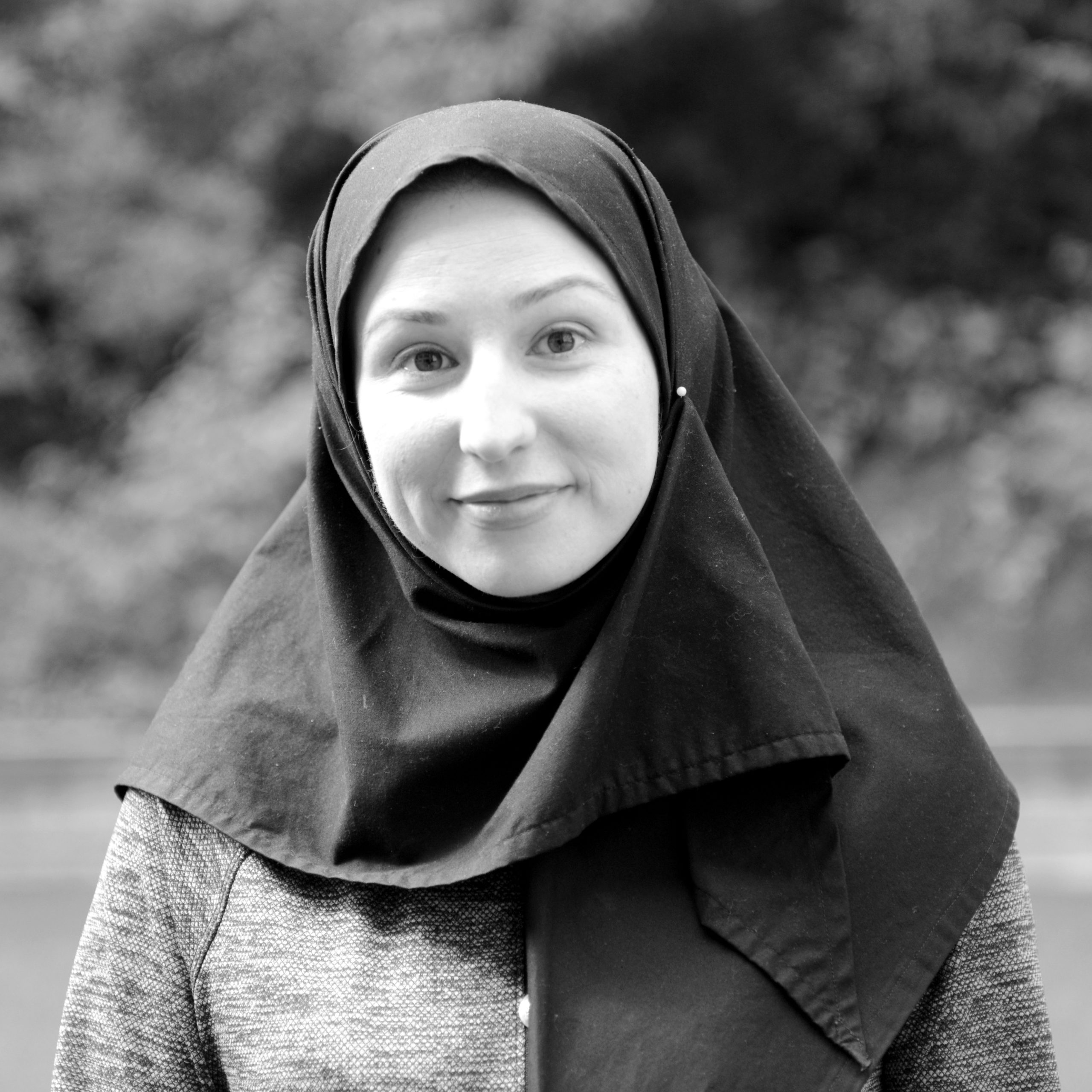
Marzyeh Ghassemi (University of Toronto, Canada)
“My research creates and applies innovative machine learning to understand and improve health.”
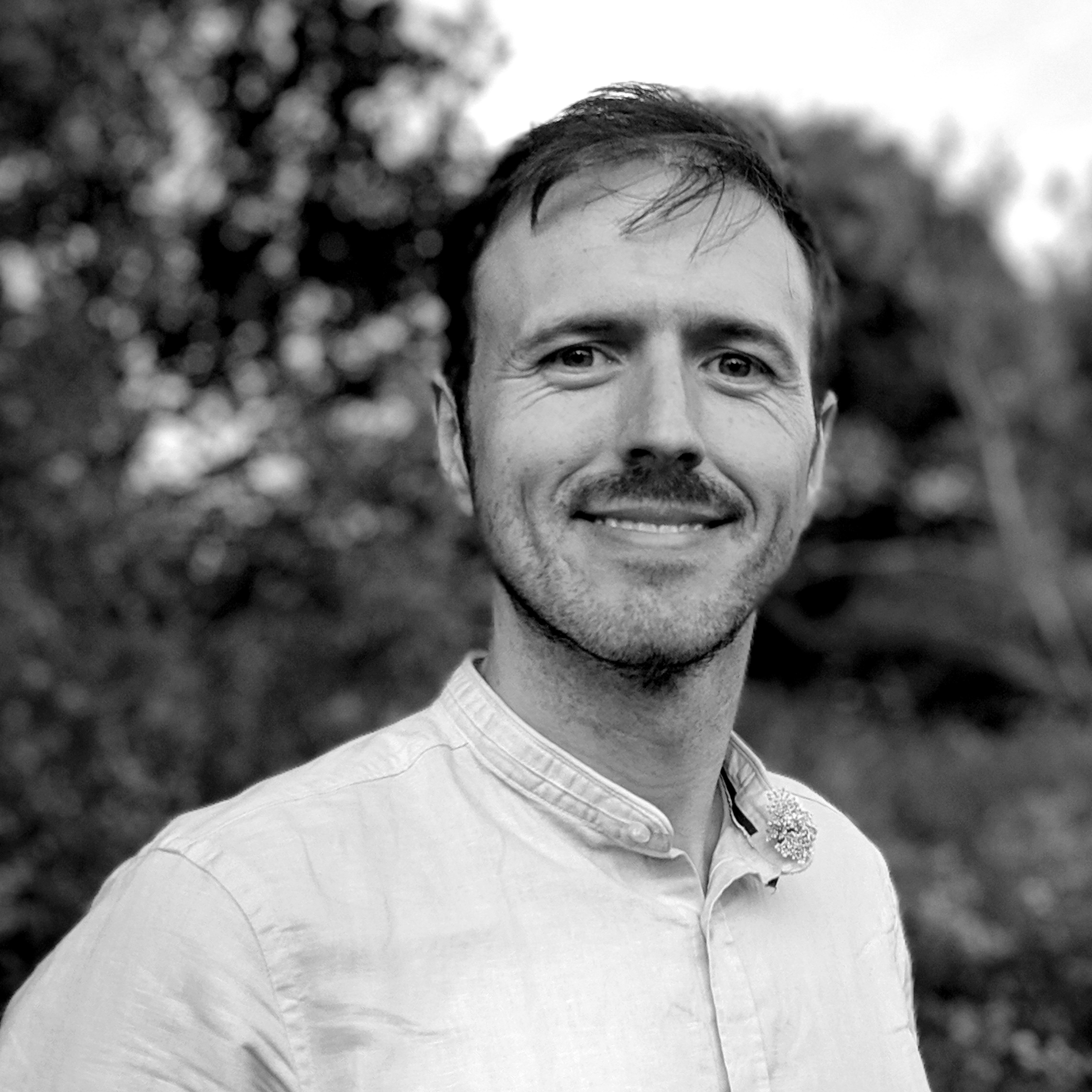
Andrew Saxe (University of Oxford, United Kingdom)
“My lab aims to develop a mathematical toolkit for analyzing learning in deep neural networks, a class of artificial neural network model that takes inspiration from the brain.”
Quantum Information Science
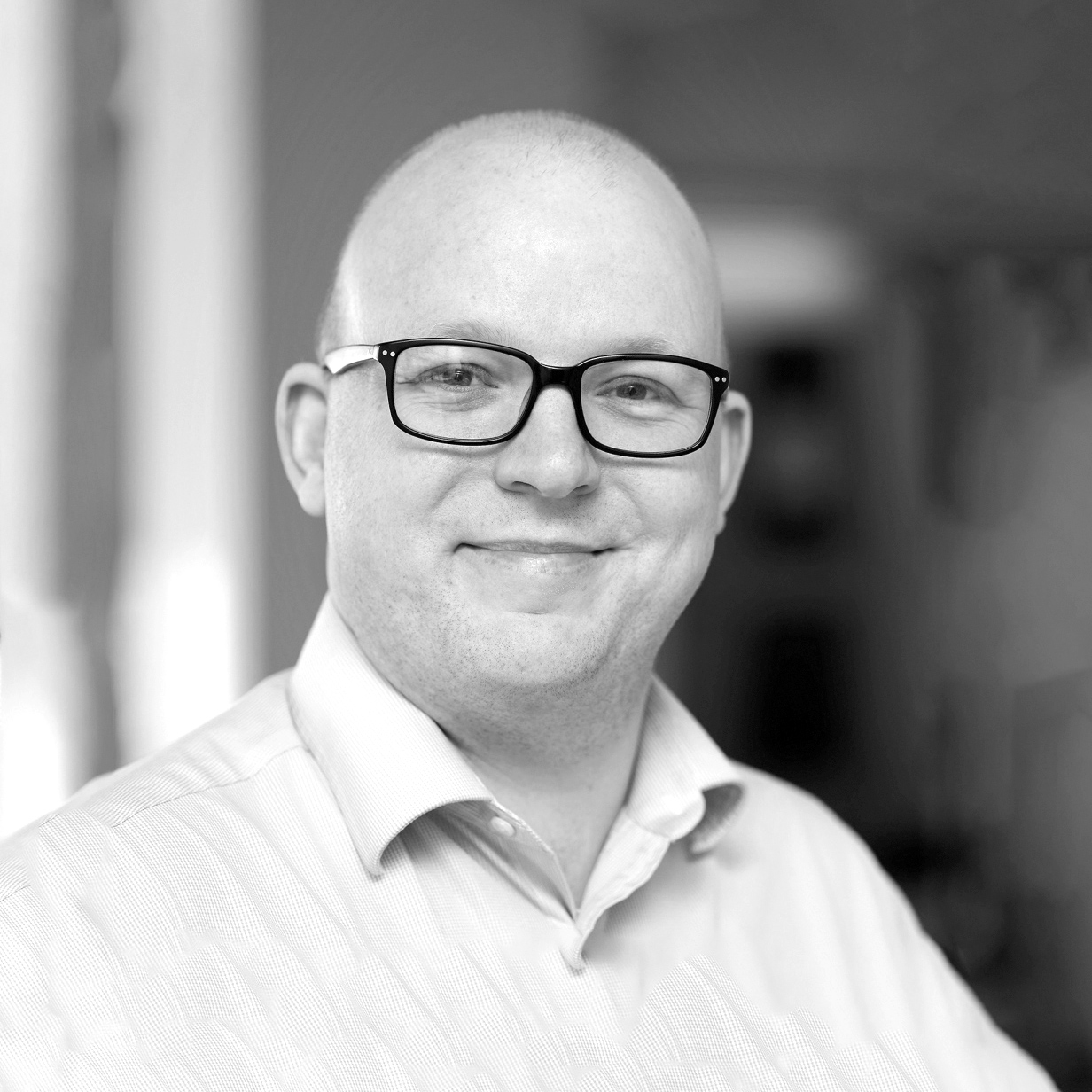
Peter McMahon (Cornell University, United States)
“An interesting approach [to quantum computing] that we are pursuing in my lab is to use particles of light as the basic building block of our quantum computer, which allows us to build prototypes that operate at room temperature.”
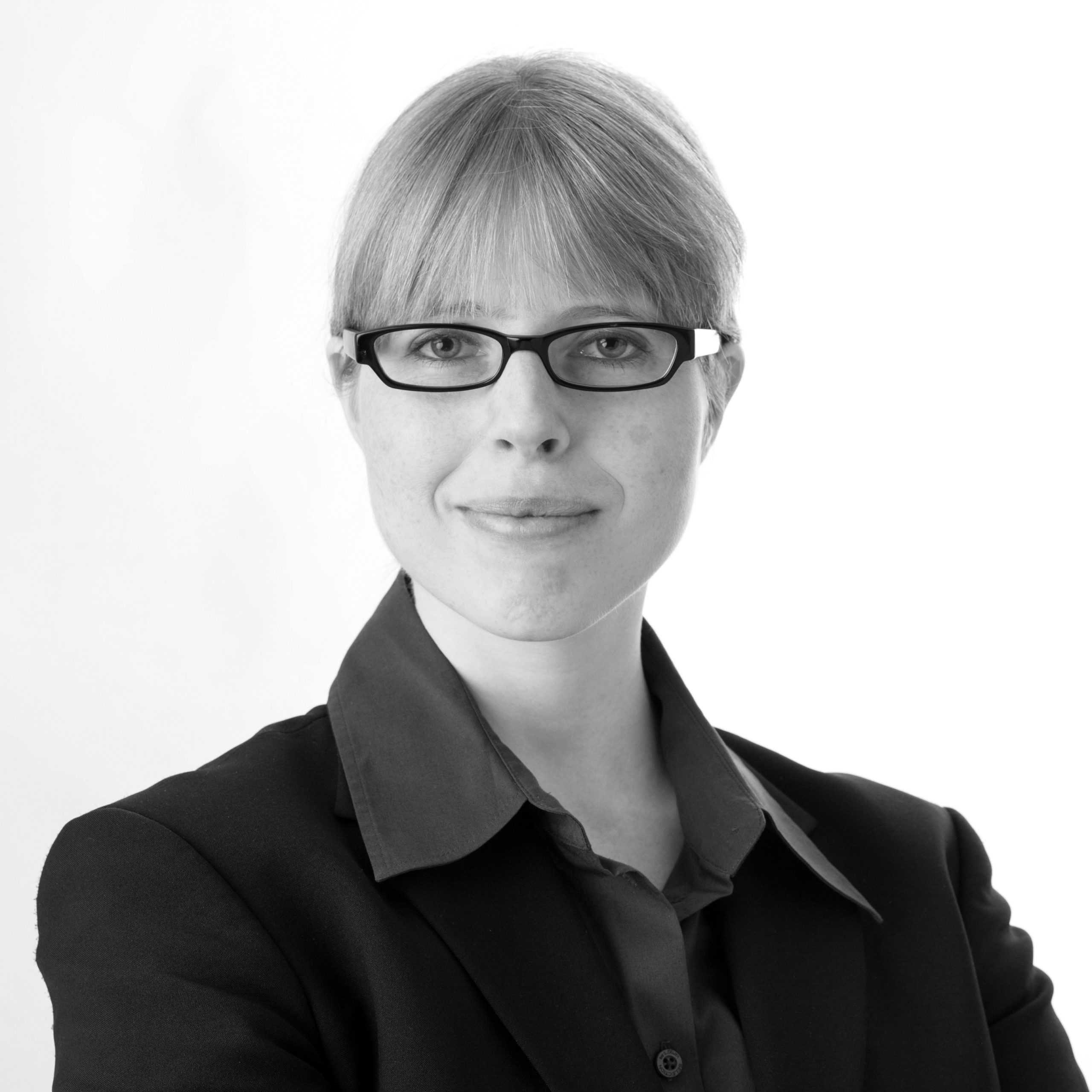
Christine Muschik (University of Waterloo, Canada)
“My research addresses important open questions such as, ‘Why is there more matter than anti-matter, and hence, why do we exist?’ To address these problems, we need new methods for so-called gauge theories, which describe the fundamental forces of nature.”
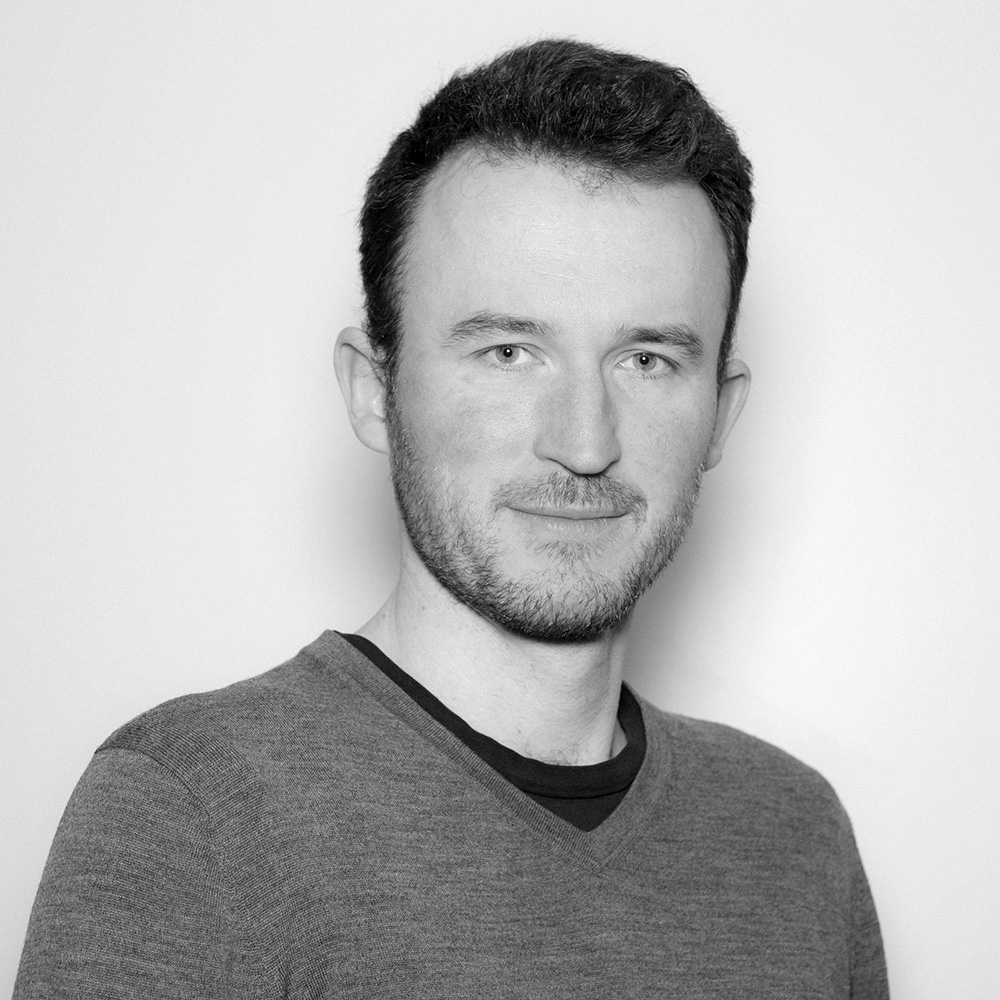
Alexei Ourjoumtsev (Collège de France, France)
“In my lab, using cold atoms trapped between mirrors, we are now trying to bind particles of light to each other.”
Quantum Materials
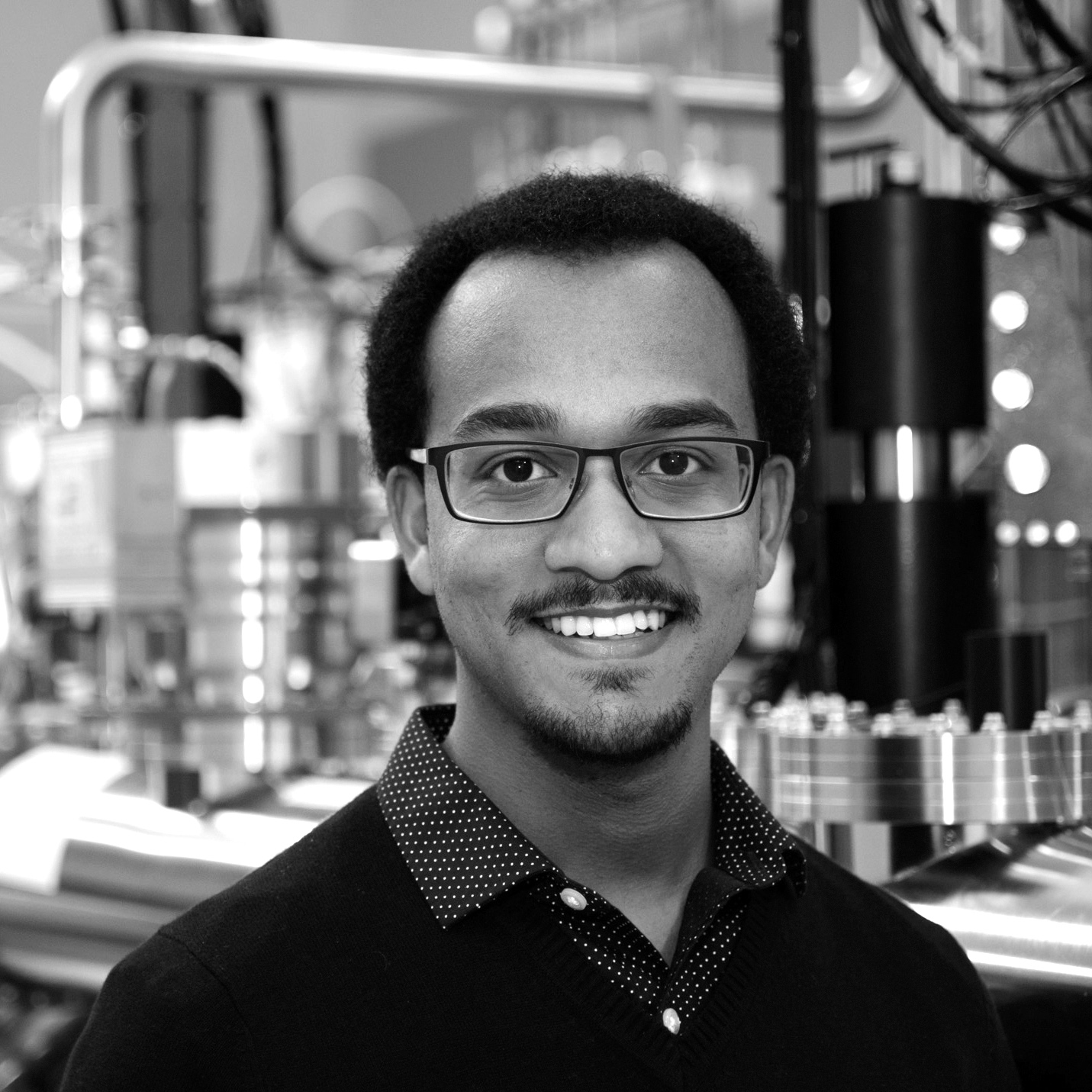
Kwabena Bediako (University of California, Berkeley, United States)
“Through an iterative process of synthesis, device fabrication, and measurement, my research group seeks to design, create, and study totally uncharted classes of solids with a specific focus on tailoring interactions of charged particles (like electrons and ions) at a fundamental level.”
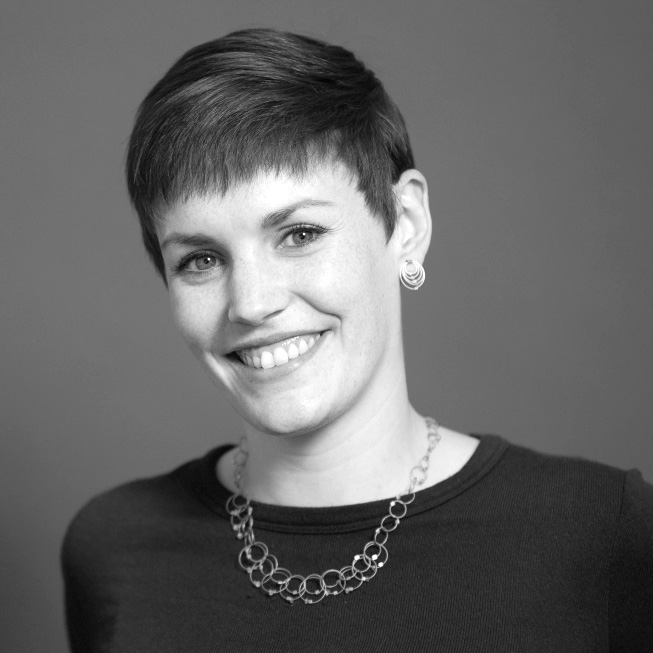
Alannah Hallas (University of British Columbia, Canada)
“The heart of my research program is an interdisciplinary approach to the design and discovery of new quantum materials. I have a unique emphasis on synthesis under high pressure, which vastly expands the materials discovery landscape.”
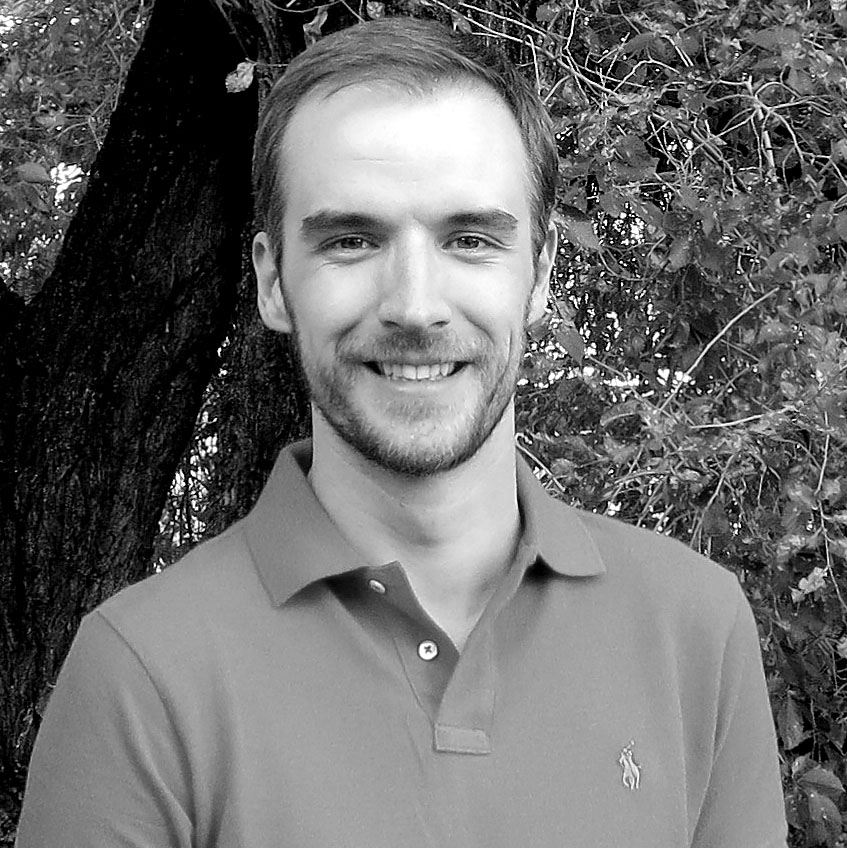
Brad Ramshaw (Cornell University, United States)
“In my research group, we use extreme magnetic fields — thousands of times stronger than the magnets you might find in your home — to learn how quantum mechanics can be manipulated and harnessed in new materials.”
